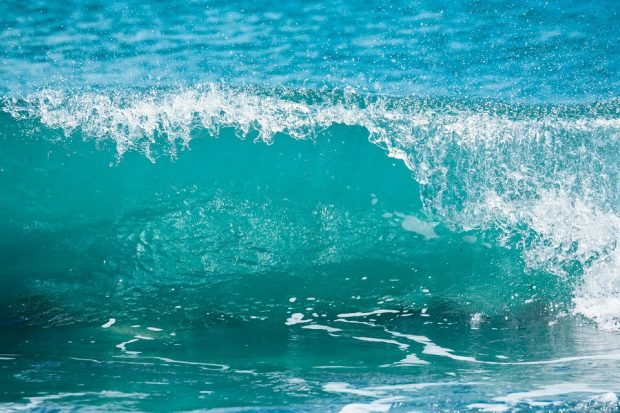
There is coverage in the Telegraph on the Marine Climate Change Impact Partnership 2020 Report Card, which highlights the impact that climate change is already having – and could have in the future – on the UK’s coasts and seas.
Drawing on contributions from more than 150 scientists from more than 50 research organisations, the report finds that warming seas, reduced oxygen, ocean acidification, and sea level rise is already have an effect on the UK. A lack of action to mitigate and adapt to climate change could lead to a greater risk of coastal flooding, further damage to marine and coastal habitats, and changes in the species of fish found in UK waters.
Excellent #ReportCard2020 on the impacts of #climate on UK coasts and seas published today by @MccipOrgUK.
Succinct and comprehensive summary of issues including rising temperatures, deoxygenation, sea-level, and habitats https://t.co/8Gz1h2OZHF
— Defra Chief Scientist (@DefraChiefScien) January 15, 2020
The UK is leading the world in the fight against climate change. We were the first major economy to set out a legally-binding target to eliminate our contribution to climate change by 2050, and will be asking our partners to match the UK’s ambition when we host the UN Climate Change Summit in Glasgow.
Environment Minister Rebecca Pow said:
Tackling climate change and the impact on our environment is both a national and international priority, and the UK is already leading the fight against it by delivering on our world-leading target of Net Zero greenhouse gas emissions by 2050.
We will be increasing that momentum at this year’s COP26 talks in Glasgow and we are calling on more countries to join us in pledging to protect at least 30% of the ocean under marine protected areas by 2030.
We are also investing £2.6 billion over six years to better protect our communities from flooding and erosion.
Tony Juniper, Chair of Natural England, said:
This report underlines the profound and wide-ranging impacts already being caused to our marine environment by climate change. The UK is taking strong steps to safeguard the health of the ocean environment that is so vital for our wellbeing, both around our own shores and further away. More is needed, however, including the vigorous pursuit of the UK’s net zero emissions goal, which hopefully more countries will soon adopt as well.
In 2020, countries from around the world will come together at global summits where greater collective action to tackle climate change and increase marine protections could be agreed. These historic opportunities must be tightly embraced, including at the climate change conference that will be hosted by the UK in Glasgow in November.
Emma Howard Boyd, Chair of the Environment Agency said:
As this important report highlights, the climate emergency means we are faced with rising sea levels and more frequent and intense flooding. We must act now to adapt to these challenges.
The Environment Agency’s draft Flood and Coastal Erosion Risk Management Strategy sets out how we must continue investing in our flood and coastal defences whilst also ensuring that our homes, businesses and infrastructure are resilient to the increasing risks that climate change will bring.
However, alongside adapting to its impacts, we all need to do more to tackle the root causes of climate change and the hosting of COP26 in Glasgow this year gives the opportunity to form global coalitions to do just that.
1 comment
Comment by William Hughes-Games posted on
The over all (world wide) effects of climate change makes it even more important that individual countries have control of their own marine resources. If the UK is actually willing to take the hard decisions with respect to her Economic Exclusion Zone following Brexit, she will weather the coming years better than the EU with so many voices making hard decisions more difficult. A vital decision is to put large parts of her best fish breeding grounds totally off limits for fishing. The same applies to her decisions on land. Is the UK willing to take the hard decisions when she takes back control of her own resources on land and in the sea.